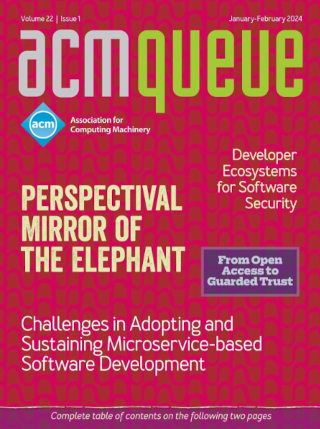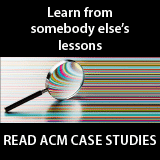As the free software and free culture movements have sat quietly by, DRM is now well on its way to becoming the norm in the electronic book publishing industry.
The free culture movement has failed to communicate the reality of DRM and, as a result, millions of people are buying books that they won't be able to read when they switch to a different model of ebook reader in the future. They are buying books that will become inaccessible when the DRM system that supports them is shut down -- as we've already seen with music from companies including Wal*Mart, Yahoo, and Microsoft. They are buying books that require that readers use proprietary tools that lock them out from doing basic things that have always been the right of a book owner.
Some anti-DRM advocates are, indirectly, part of this problem as they buy these books and turn to shady methods of stripping the DRM. Buying DRMed books is voting with your wallet for a system that criminalizes those that insist on living in freedom and will screw us all in the long run when DRM is the only choice we are offered and removing the DRM is difficult, unsafe, and illegal.
Buying non-DRMed e-books is a more freedom-friendly alternative for those that, like me, are excited about not lugging kilograms of paper around our cities and the world. We can do this at "non-mainstream" publishers like Smashwords who explicitly reject DRM. Of course, the big ebook sellers like Amazon, and Barnes and Nobel, and Google all offer non-DRMed books. But none of the major ebook retailers explicitly reveal the DRM status of locked down books before purchase.
On Amazon, there are some cryptic signs and signals that, if you understand them, suggest the absence of DRM. Google and Barnes and Nobel currently offer no way to know if a book is DRMed without buying it first and questions in their support forums go unanswered.
It's hard to support non-DRM alternatives when we can't recognize them. It's hard to tell people to not buy DRM ebooks if we can't even tell them apart. Getting this message through to book buyers -- and perhaps even to ebook retailers -- seems like a critical first step.





